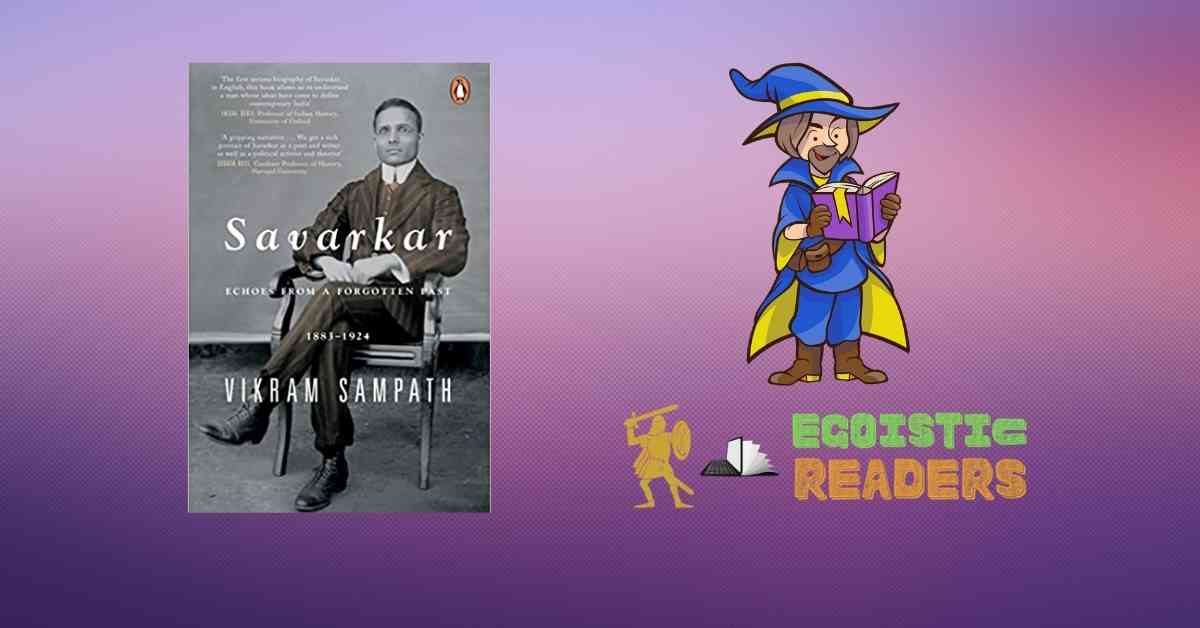August is the divine month for every Indian. They celebrate it wholeheartedly together keeping their distance and difference aside (largely). Because, 74 years ago, in the month of August, we got independence from the British Empire who ruled us for more than 150 years. During this period of enslavement, countless people have made their contribution to India’s freedom struggle. We certainly are familiar with the name of a few freedom fighters, like Mahatma Gandhi, Jawaharlal Nehru, Sardar Patel, Bhagat Singh, and so on. Why I said “the only name” because we know very little about them and what contribution they have made for the country. However, there are many unknown or rarely talked about freedom activists who have sacrificed their lives for the country. Their names are not generally known, their work lies neglected and unexamined, and their voice is suppressed and dismissed as ‘communal’. Unfortunately, nobody remembers them and the role they have played to save the country. Isn’t it shameful? Still, there are some authors who go out of the way to dig out the history, bring out such fighters and their forgotten contribution before the people. Vinayak Damodar Savarkar or Veer Savarkar is one of them. I am sure, not many people know him. What should I call him a freedom fighter, an influential political leader, lawyer, social reformist, a great orator, a soulful poet, or Father of Hindutva (as he formulated the Hindu nationalist philosophy of Hindutva)? Undoubtedly, he was a great struggle, freedom fighter and a politician of our country.
Today, I am going to review a book on Veer Savarkar, Savarkar: Echoes from a Forgotten Past, which I have read a couple of months ago. The book is a wake-up call for all the Indians. It encourages the readers to dig out the history to excavate the buried freedom heroes who played a critical role in India’s freedom struggle. Savarkar: Echoes from a Forgotten Past, the first volume of a two-part biography, is written by a biographer named Dr. Vikram Sampath. The book brings to the fore Veer Savarkar’s life from his birth in 1883 to his conditional release from Andaman’s Cellular Prison in 1924. The book is the outcome of several years of research and hard work of Dr. Vikram Sampath’s that throw light on dark, as well as bright episodes of his life in full details that have remained, entomb all these years.
Drawing from a vast range of original archival documents across India and abroad, this biography exposes the unheard truth about one of the most vocal political voices for the Hindu community that has unfortunately kept under the bed. An alleged atheist and a staunch rationalist, Savarkarji was against conventional Hindu practices in the name of religion, encouraged inter-caste marriage, dining and untouchability, and discarded cow worship as mere superstition and asked people to care for them. In fact, he opposed the consumption of cow urine and cow dung. His views on science and technology are also emphasized by the author.
The book talks of right from his early years at his native place in Bhagur, Maharashtra and then subsequently at Nasik and Pune, the events that inspired him, especially that of the execution of Chaphekar brothers. The book lucidly describes Savarkar’s idea behind setting up Abhinav Bharat Society (a secret society) and how it grew from a fledgeling organisation to include several hundred revolutionaries and political activists (who wanted to fight against the oppression by the British government ) with branches in various parts of India, extending to London after Savarkarji went to study law.
Apart from his philosophy and beliefs, Savarkar: Echoes from a Forgotten Past proceeds to explain Savarkar’s involvement in India House and the Free India Society and how he was held in immense esteem until before his imprisonment in the Andaman and Nicobar Islands.
At this phase, the readers are introduced to the kind of hardships faced by Veer Savarkarji during his 14 years at dreaded Andaman Cellular Prison. At Cellular Jail, he was subjected to unconscionable torture and inhumane treatment, like set timings for demands of nature, no medical facility even in the case of serious ailments, and so on. All these experiences tested the very limits of his conviction. He was not given any liberties which used to be provided to many other political freedom fighters including books, pen, paper, home-made food and frequent meetings with family, friends and political colleagues. There is more in the book like most of the Hindu prisoners were under the control of Muslim employees who did not leave any single moment to humiliate them. All these compelled me to think how courageous, brave and strong-willed Shri Savarkar was.
The point which I want to highlight here is that, in spite of all the negative and tragic circumstances, Savarkar Ji did not quit writing. He inscribed his poems on the walls of the jail and stored each of them in the recesses of his memory as the jailer would whitewash the walls to irate him. All these poems were later published after his release from the jail.
I am sure that the book by Vikram Sampath will bring many new perspectives in front of the readers who are not introduced to the author with all the details – many of which may have been hidden from them for many reasons. So, readers, my sign for this book is clear – get it now and read to know about one of those who fought for your freedom! Get it from Amazon India right now:
Buy the book from Amazon – click here to get a copy
Review by a reader for Egoistic Readers Platform
Savarkar: Echoes from a Forgotten Past, 1883–1924 – Book Review
- Egoistic Rating
Summary
A must-read biography… no ifs and bits of buts!




